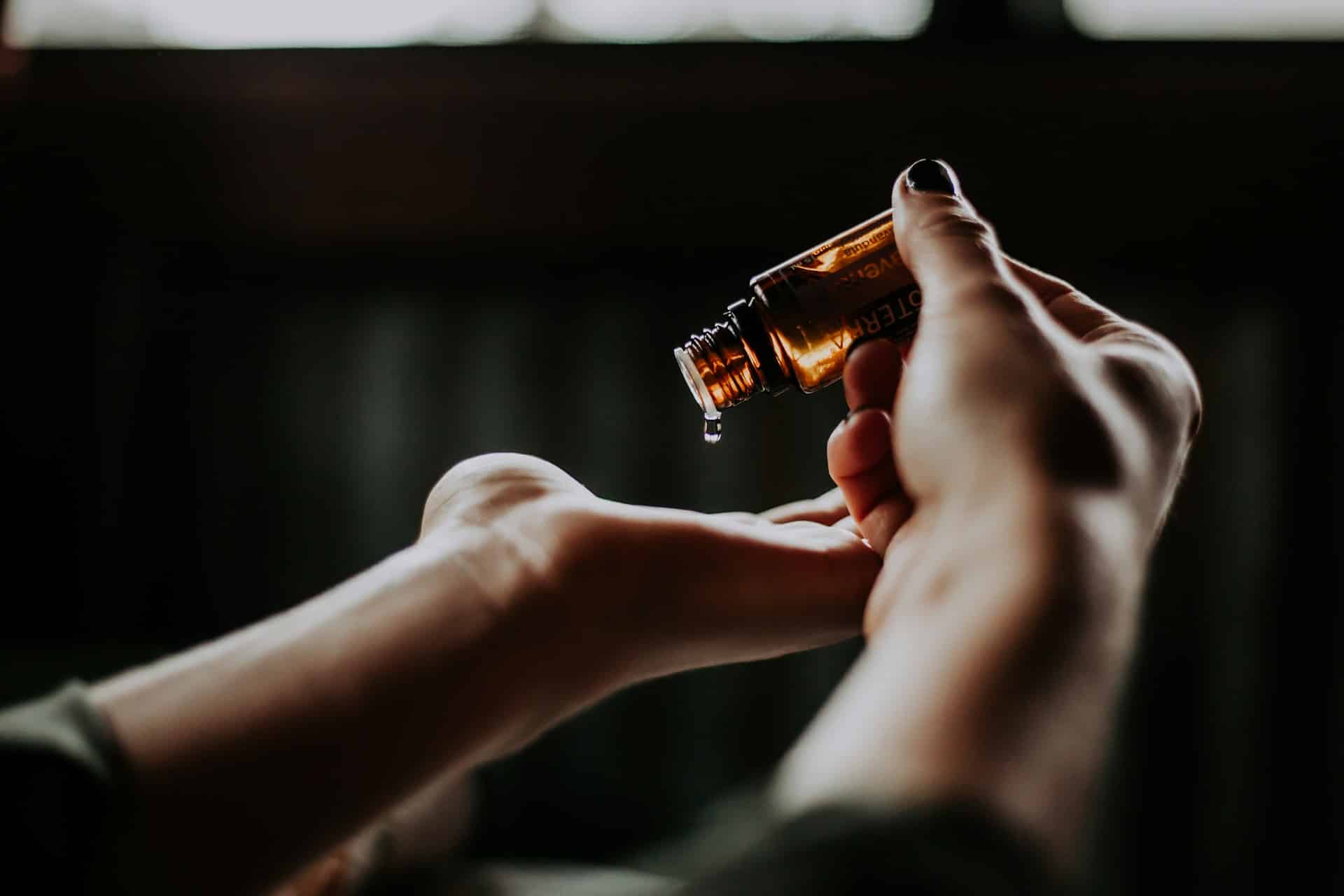
06 Aug Essential Oils for Oral Health: What Actually Works?
When it comes to natural health, essential oils have been popularly used for everything from easing anxiety to improving skin health. But did you know that they can also help you improve your oral health? In this post, we’ll explore which oils are safe, effective, and truly beneficial for teeth and gums—and what you should know before adding essential oils to your oral care routine.
Why Use Essential Oils?
Essential oils are concentrated plant extracts known for their antimicrobial, anti-inflammatory, and healing properties. They’re also a more natural alternative to the synthetic chemicals found in most dental products. When they’re used correctly, essential oils can provide many of the same health benefits as conventional products.
For example, essential oils can help:
- Fight the bacteria that cause plaque and bad breath
- Soothe inflamed gums
- Support the regeneration of damaged oral tissue
- Freshen breath naturally
The Five Best Essential Oils for Oral Health
1. Tea Tree Oil
Best for: Gum health, reducing plaque-causing bacteria
Tea tree oil is one of the best, most studied, essential oils for oral health. Its powerful antimicrobial properties can help fight the bacteria that contribute to gingivitis and halitosis (bad breath). Tea tree oil can also help reduce inflammation and keep gum disease away.
2. Clove Oil
Best for: Toothaches, minor gum pain
Clove oil is a popular essential oil for dental care due to its numbing effects. It also has antimicrobial properties and can even help remineralize tooth enamel. Clove oil contains eugenol, a compound still used in some temporary dental sealants and filling materials for its ability to relieve pain and combat bacteria that contribute to tooth decay.
Clove oil is also a natural pain reliever. If you have a toothache and can’t get to the dentist right away, a drop of clove oil diluted in coconut oil applied gently to the affected area may offer temporary relief. Just make sure to spit it out after 5-10 minutes.
3. Peppermint Oil
Best for: Bad breath, plaque prevention
Peppermint oil is a natural breath freshener that also has antibacterial properties. It’s commonly used in natural toothpaste and mouthwash for its ability to kill bacteria and leave a clean, minty feel on your teeth.
4. Myrrh Oil
Best for: Gum irritation, mouth ulcers
The history of myrrh in oral care goes back centuries, particularly in traditional herbal medicine. Myrrh oil supports tissue repair and it is often used in natural products for its healing effects. It can also help soothe sore and swollen gums, so it’s a good choice for repairing the damage caused by gum disease.
5. Cinnamon Oil
Best for: Fighting oral bacteria and yeast infections
Cinnamon oil is potent, and a little goes a long way. Its antibacterial properties help kill off the harmful bacteria responsible for tooth decay and gum disease. Because cinnamon oil’s antifungal properties inhibit the growth of Candida, it can also help prevent oral thrush in adults. This paste can help support good oral health in the immunocompromised and elderly.
How to Incorporate Essential Oils In Your Oral Care Routine
- Oil Pulling—Add one drop of an essential oil to one tablespoon of coconut oil (or another carrier oil) and swish for 10-15 minutes, then spit.
- DIY mouthwash—Mix 1 cup of filtered water with a few drops of peppermint, tea tree, and myrrh oil for a refreshing mouth rinse.
- Gum massage—Dilute essential oils in a carrier oil and gently massage your gums with it to promote circulation and reduce inflammation. Make sure to spit after 5-15 minutes, and do not swallow the oil.
Safety Tips for Using Essential Oils
- Always Dilute: Never apply essential oils directly to the gums or teeth without diluting them in a carrier oil like coconut or olive oil.
- Avoid Ingestion: Most essential oils should not be swallowed, especially in concentrated amounts.
- Patch Test First: If you’re new to essential oils, test a small amount on your skin first to check for allergic reactions.
- Consult Your Dentist: Always get an expert’s opinion, especially if you have existing dental conditions or sensitivities.
- Keep Away from Pets and Children: Essential oils can be toxic when ingested, so make sure to keep them where pets and children can’t reach.
Holistic Dental Care in Prescott
Looking for natural ways to improve your oral health? If you’re curious about whether essential oils are right for you, ask us about it at your next checkup! As a holistic practice, we’re here to help you find the safest, most effective natural alternatives.
To schedule an appointment at Prescott Dentistry, call 928-445-1660 or send us a message online.
Images used under creative commons license – commercial use (8/6/2025). Photo by Christin Hume on Unsplash



